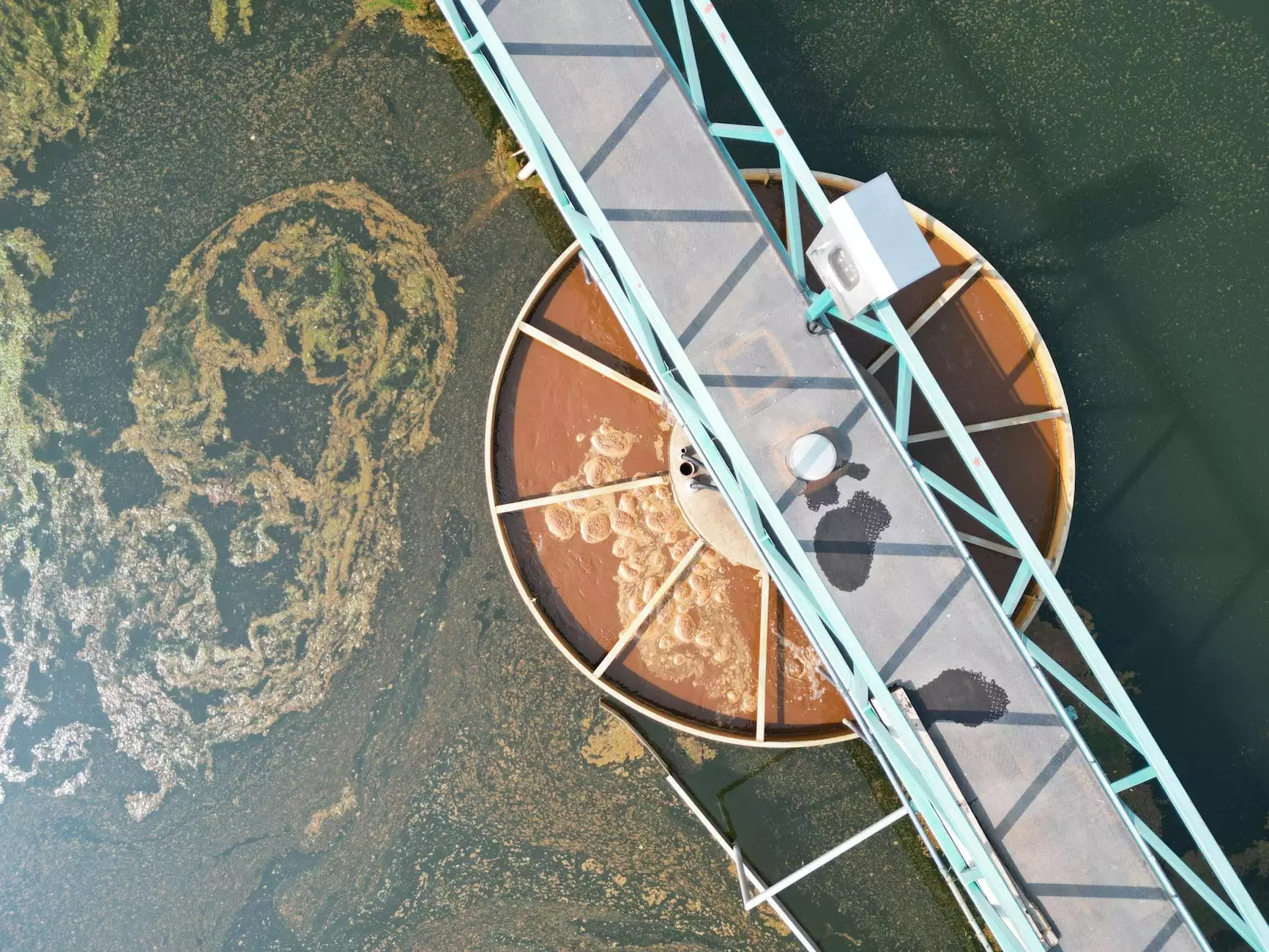The Ultimate Guide to Stainless NPT Fittings

Stainless NPT fittings are essential components in a variety of industries, offering reliability, durability, and resistance to corrosion. Whether you are involved in plumbing, manufacturing, or any field that requires fittings, understanding these components can significantly impact the efficiency of your operations. This guide will explore everything you need to know about stainless NPT fittings, including their types, benefits, applications, and tips for purchasing the best fittings for your needs.
What are Stainless NPT Fittings?
Stainless NPT fittings refer to the National Pipe Taper (NPT) fittings made from stainless steel. The NPT threads allow for a tight and leak-free connection, making these fittings indispensable in high-pressure and high-temperature applications. Given their superior mechanical properties, stainless steel fittings are widely used in various sectors, including plumbing, oil and gas, pharmaceuticals, and food processing.
Types of Stainless NPT Fittings
Stainless NPT fittings come in various shapes and sizes, tailored to meet diverse application requirements. Here are some common types:
- Elbow Fittings: Used to change the direction of piping by 90 or 45 degrees.
- Adapters: Facilitate connections between two different types of fittings.
- Tees: Allow for branch connections from a main pipe line.
- Couplings: Connect two sections of pipe together.
- Plugs and Caps: Used to close the ends of a pipe.
Benefits of Using Stainless NPT Fittings
Choosing stainless NPT fittings comes with a multitude of advantages, which can lead to increased performance and efficiency in your operations. Here are some of the most notable benefits:
1. Corrosion Resistance
Stainless steel is inherently resistant to corrosion, making these fittings ideal for use in environments where moisture, chemicals, or saline solutions are present. This resilience extends the lifespan of your piping systems and reduces maintenance costs.
2. Durability and Strength
Stainless steel fittings are known for their durability. They can withstand high pressures and temperatures without deforming, which is crucial for many industrial applications. The strength of these fittings ensures a secure and reliable connection that can handle demanding conditions.
3. Versatility
Available in an array of sizes and configurations, stainless NPT fittings can be adapted for various applications, from residential plumbing to industrial manufacturing. This versatility allows for greater freedom and customization in system design.
4. Hygienic Properties
In industries such as food processing and pharmaceuticals, sanitary conditions are paramount. Stainless steel fittings are easy to clean and do not harbor bacteria, making them a preferred choice for hygiene-sensitive applications.
5. Aesthetic Appeal
Stainless steel not only performs well but also looks great. The shiny finish of these fittings can enhance the overall appearance of your plumbing or piping system, making them an attractive option for visible installations.
Applications of Stainless NPT Fittings
The versatility of stainless NPT fittings means they are used in a wide array of applications across various industries:
1. Oil and Gas Industry
In the oil and gas sector, fittings must withstand harsh conditions. Stainless NPT fittings are capable of performing reliably in high-pressure environments, making them ideal for drilling and extraction systems.
2. Food and Beverage Processing
Hygiene is crucial in food processing, and stainless steel's non-reactive nature makes it an excellent choice for food and beverage pipelines. Fittings must ensure no contamination occurs from the materials used in the fittings.
3. Pharmaceutical Manufacturing
In pharmaceuticals, maintaining sanitary conditions is vital. Stainless steel fittings are easy to sterilize and do not leach harmful chemicals into products, ensuring safety and compliance with stringent regulations.
4. HVAC Systems
Stainless NPT fittings are commonly used in plumbing and HVAC systems. Their ability to tolerate pressure makes them suitable for hot water and steam applications, which are prevalent in heating, ventilation, and air conditioning systems.
5. Construction
From residential to large-scale commercial projects, stainless steel fittings are essential for plumbing installations. Their strength and durability help meet building codes and enhance the longevity of the systems in place.
How to Choose the Right Stainless NPT Fittings
When purchasing stainless NPT fittings, several factors should be considered to ensure you make the best choice for your project:
1. Material Grade
Different grades of stainless steel, such as 304 and 316, offer varied properties. For instance, 316 stainless steel provides better corrosion resistance, particularly in marine environments. Consider the conditions your fittings will face when selecting a grade.
2. Thread Size
NPT fittings are available in various thread sizes. Ensure that you choose the correct size compatible with your pipes to avoid leakage and ensure the integrity of the system.
3. Application Requirements
Consider the specific requirements of your application. Some fittings may need to withstand higher pressures or temperatures, while others may prioritize corrosion resistance. Tailor your selection based on operational needs.
4. Compliance and Standards
Ensure that the fittings comply with industry standards relevant to your application (e.g., ASME, ANSI). Non-compliance can lead to failures and unsafe conditions.
5. Supplier Quality
Buy from reputable suppliers like fitsch.cn, ensuring that you acquire high-quality products. The integrity of your fittings directly affects the performance and safety of your systems.
Maintaining Stainless NPT Fittings
Proper maintenance is key to ensuring the longevity and effective performance of stainless NPT fittings. Here are some essential maintenance tips:
- Regular Inspections: Conduct routine checks for signs of wear, corrosion, or leaks. Early detection can prevent more significant problems.
- Cleaning: Clean fittings periodically with suitable cleaning agents to remove dirt, debris, or chemical residues. Avoid abrasive materials that can scratch the surface.
- Ensure Correct Installation: Incorrectly installed fittings can lead to leaks and failures. Follow proper installation guides to avoid these issues.
- Monitor Conditions: Be aware of the environment surrounding your fittings. Extreme temperatures or corrosive chemicals can impact their performance.
Conclusion
In conclusion, stainless NPT fittings are critical components in various industries, offering unmatched durability, resistance to corrosion, and versatility for any plumbing or piping needs. Understanding their types, benefits, and applications is essential for anyone involved in sourcing or utilizing these fittings.
When selecting the right fittings, always consider your specific requirements, and opt for high-quality materials from trustworthy suppliers like fitsch.cn to ensure you receive the best products for your projects. Proper maintenance of these fittings can further enhance their performance and lifespan, making them a smart investment for any business involved in piping systems.
For more information about purchasing stainless NPT fittings or to explore our selection of fittings for sale, visit fitsch.cn today!



